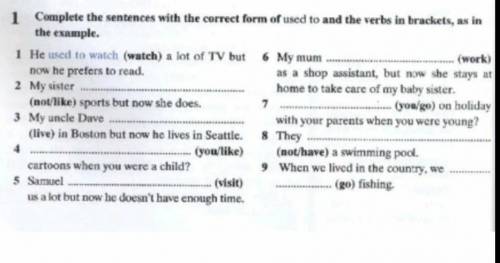
young - молодой.
answer ['a:n(t)sə] ответ, отвечать; откликаться
body ['bɔdy] тело
change [tʃeindʒ] менять, изменять
cry [krai] плакать
dark [da:k] тёмный
family ['fæm(ə)li] семья
fire ['faiə] огонь; пожар; стрелять; поджигать
four [fɔ:] четыре
guy [gai] парень
hair [hɛə] волосы
hard [ha:d] жёсткий, твёрдый
heart [ha:t] сердце
hour [auə] час
idea [ai:diə] идея; мысль
later ['leitə'] позже, более поздний
laugh [la:f] смех, смеяться
live [liv] жить, существовать
mouth [mauθ] рот
road [rəud] дорога, путь
second ['sek(ə)nd] секунда; второй
since [sin(t)s] с тех пор, с, после
small [smɔ:l] маленький
smile [smail] улыбка; улыбаться
state [steit] государство, страна, штат
step [step] шаг; шагать
wanted ['wɔntid] разыскиваемый полицией
watch [wɔtʃ] 1) смотреть, следить; наблюдение; 2) часы
wife [waif] жена, супруга
window ['windəu] окно
If you are invited to eat from one plate (for example, from a large plate of pilaf-lagan), then you have been accepted into the inner circle, you are trusted. People in this circle are called "ham tovarok" ("ordinary dish») . An interesting nuance exists, for example, among the Uzbeks. If the "dinner meeting" is large, the four people are grouped together, and they are served one large dish. Such a dish is called "inok-tovok" - "a dish of brotherhood, a friendly dish" (in different regions this name may sound a little different).
Объяснение:
это задание про наши правила в Казахстане
2. didn't like 3. used to live 4. did you like 5. used to visit 6. used to work as 7. did you go 8. didn't have 9 used to go
Объяснение:
надеюсь